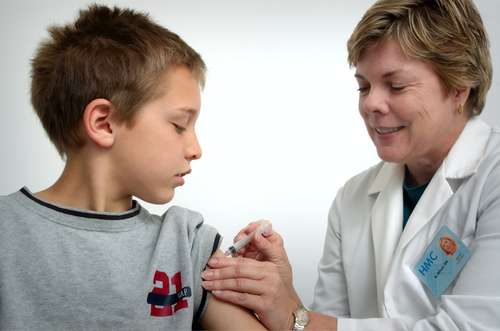Dengue fever is another mosquito-borne disease caused by the Dengue virus. It is a growing global health threat that studies have shown will cause severe long-term consequences. Research has shown that about 400 million people worldwide are infected with Dengue virus and their symptoms range from mild to chronic Dengue fever.
As global temperatures rise, the situation is anticipated to worsen, posing challenges for public health systems around the world.
Climate Change: How It Will Intensify Dengue Fever Spread
Dengue fever has reached global levels in 2023 and 2024, with over 6.5 million cases and 7,300 deaths. The WHO classifies it as a major public health crisis due to climate change, urbanization, and fragile health systems. Rising temperatures have significantly contributed to the rapid spread of dengue fever, which indicates a high risk in 2025.
Climate change creates favorable conditions for the survival of Aedes aegypti, the primary mosquito vector responsible for transmitting the dengue virus.
These conditions, including warmer climates and increased rainfall, stimulate mosquito breeding and enhance the virus's incubation period, which increases the transmission rates. This increases the prevalence of dengue but also poses a risk of the emergence of other mosquito-borne illnesses. There is an urgent need for global action against climate change and its cascading effects on public health.
Current Global Impact
Dengue being a global issue has significant outbreaks in the Americas and Southeast Asia. Pan-American Health Organization reported that the American regions accounted for the majority of the global dengue burden in 2023, with over 4.1 million new infections. This is higher than in 2019, where over 3.1 million cases were recorded. Between epidemiological weeks 1 and 12, 2024, 4,257,154 suspected cases were reported, resulting in a cumulative incidence of 451 per 100,000 population.
This shows a 304% increase from 2023 and a 495% increase from the average of the last 5 years. There is a prediction that climate change will lead to an increase in dengue cases by 40% to 57% by 2050, affecting 257 million people in cooler urban areas in Bolivia, Peru, Mexico, Brazil, and Colombia due to warming temperatures.
A study shows that temperatures around 82 degrees Fahrenheit are adequate for the survival of mosquitoes carrying dengue. However, the research has shown that large swaths of the Americas will reach the optimal temperatures in the coming decades, leading to an increase in infections by 150 to 200% in previously cooler areas where temperatures are expected to reach ideal dengue transmission conditions.
Way Forward
There are steps that can reduce the transmission of Dengue fever. A study suggested that a reduction in greenhouse emissions can help lower the temperature. Vaccine production is another way to curb the spread but that is unavailable at the moment.
Hopefully, more research will be put in place to develop a vaccine. However, early detection of disease-carrying mosquitoes can help prevent diseases before they occur. Taking proper precautions as little as not storing stagnant water in the environment can help reduce the survival of these mosquitoes. People should protect themselves against Dengue fever by doing the needful and staying informed.




